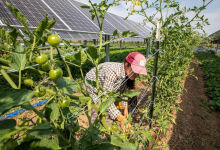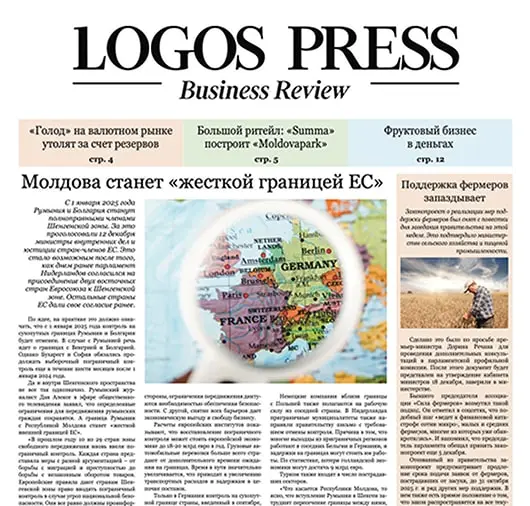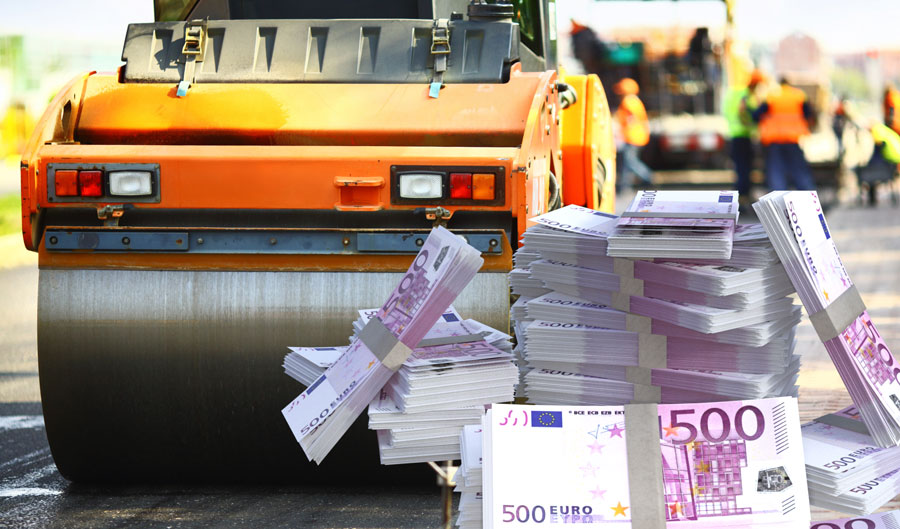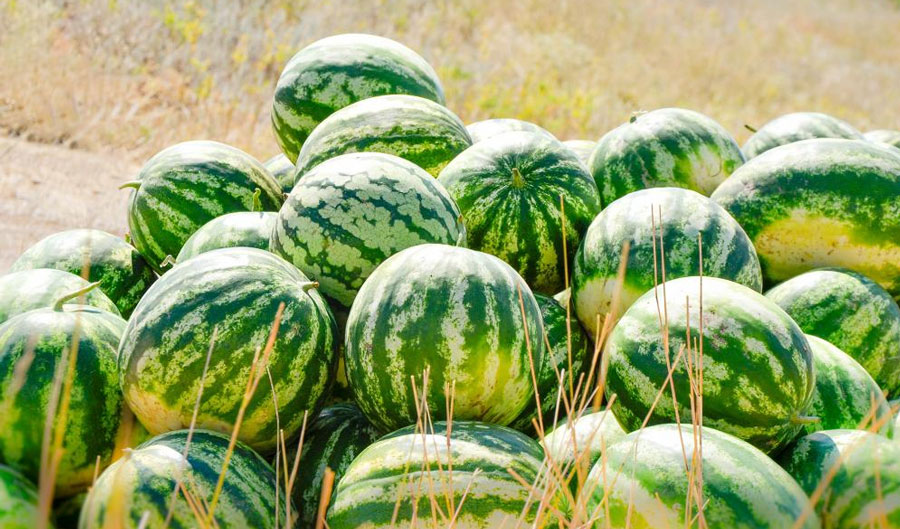Send us a message, and we will definitely consider your suggestions and comments.
Category: Green Economy
On Sunday, the share of electricity from domestic renewable sources (photovoltaic, wind and hydro) in total electricity consumption in Moldova exceeded 48%, Logos Press reports, citing the Ministry of Energy.

Moldova’s experience in achieving energy transition, launching energy efficiency programs and promoting renewable energy sources was cited as an example at the Energy Knowledge Forum in Antalya, Turkey, – Logos Press reports.

The total number of EcoVoucher program participants who received assistance to switch to energy-efficient appliances was 27,000, Logos Press reported.

The investment of 200 million euros over three years will be used for major renewable energy projects,” Logos Press reported.
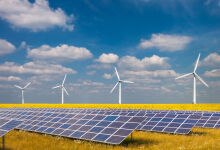
The Inspectorate for the Protection of the Environment (IPM) received modern equipment to strengthen the institution’s capacity and better protect natural resources,” Logos Press reported.
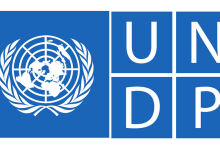
The first customs post in Moldova has started working on solar energy, – reports Logos Press.
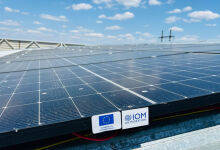
Iurie Humeniuc is a man who turns abandoned wastelands into forests. He is the founder and coordinator of Impadurim Moldova, an initiative that restores forest cover on degraded land. In the last five years, his team has planted more than 300,000 trees across the country. In an interview for Logos Press, he talked about the problems of Moldovan forestry, budgets and prices, and why state programs are not effective.

Moldova ranks first in the Energy Community’s ranking on commitment to European climate and energy goals,” Logos Press reports.
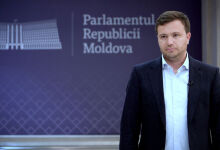
Moldova is seeking to become part of the Black Sea Cable project, which envisions the transportation of green energy from the Caspian Sea region to Europe,” Logos Press reported.

The number of electric and hybrid cars registered in Moldova will exceed 57,000 units in 2024, representing 6.8% of the 842,215 vehicles in circulation nationwide,” Logos Press reported.
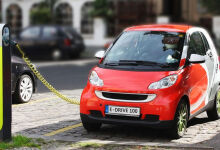
Moldova will receive 2.7 million euros from the Danish government to implement international standards for the construction of “passive houses” and near-zero-energy buildings (nZEB), Logos Press reports.

Moldovan farmers, faced with a sharp jump in energy prices, are actively exploring opportunities to use energy from renewable energy sources (RES) to reduce production costs. A number of foreign projects present in Moldova are helping them to do so.
